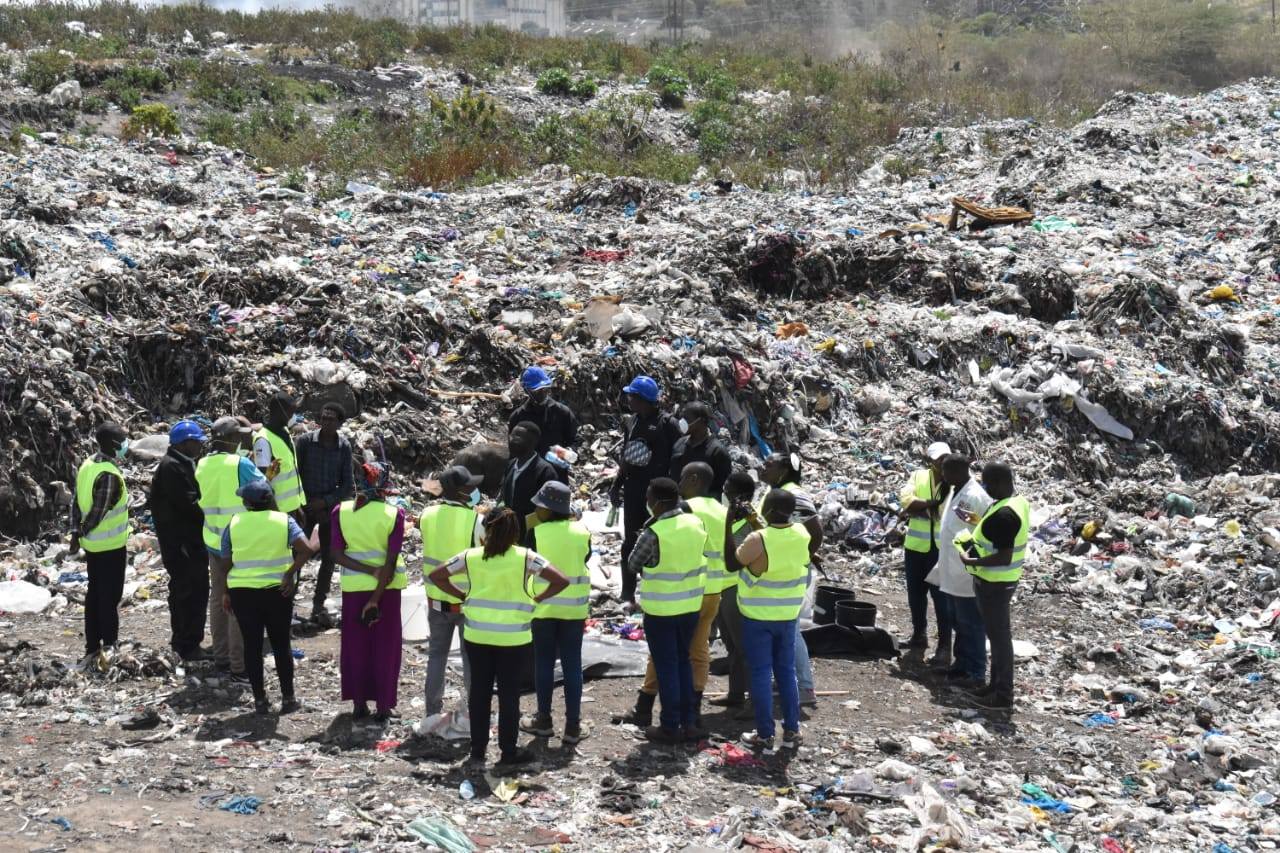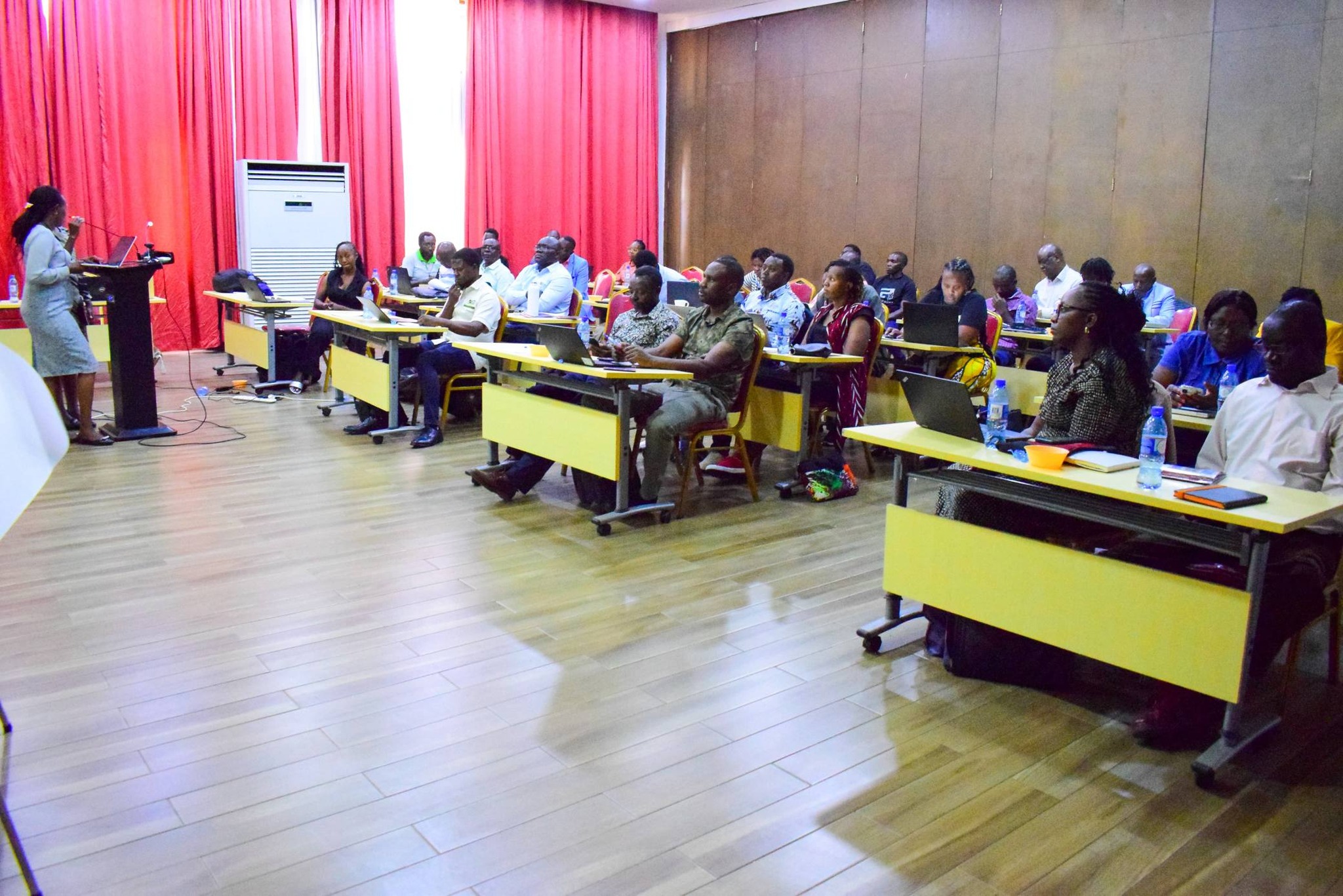- At COP29, wealthier nations should commit to supporting developing countries through financial aid and technology transfer. This support can help them transition to greener economies and mitigate the impacts of climate change.
As the world faces the urgent threat of climate change, the principle that "polluters must pay" has never been more critical. At the upcoming COP29 in November 2024, world leaders have a unique opportunity to make this principle a reality. This approach not only holds companies accountable for their environmental impact but also creates a financial incentive for them to adopt cleaner practices.
Climate change is primarily driven by greenhouse gas emissions, largely from industries and large corporations. These polluters have historically avoided the full costs of their actions. While they profit from their activities, the environment suffers, leading to severe consequences such as extreme weather events, rising sea levels and loss of biodiversity. It is time for these companies to bear the financial responsibility for the damage they cause.
One of the most effective ways to implement the "polluters must pay" principle is through carbon pricing. This involves charging companies for the carbon emissions they produce. By putting a price on carbon, governments can encourage businesses to reduce their emissions. The more they pollute, the more they pay. This system not only incentivizes companies to find cleaner alternatives but also generates revenue that can be invested in renewable energy projects and climate adaptation efforts.
At COP29, countries can commit to establishing or strengthening carbon pricing mechanisms. This could be in the form of carbon taxes or cap-and-trade systems. A carbon tax directly charges companies based on their emissions, while a cap-and-trade system allows companies to buy and sell permits for a limited amount of emissions. Both approaches can drive innovation and investment in clean technologies. If done effectively, carbon pricing can help create a level playing field for businesses that prioritize sustainability.
Another important aspect of holding polluters accountable is enforcing regulations and standards. Governments must establish clear guidelines that limit emissions and promote cleaner practices. These regulations can include limits on pollutants, requirements for using renewable energy and incentives for companies that implement sustainable practices. At COP29, leaders should agree on global standards that ensure all nations are working towards the same goals.
Read More
Furthermore, international cooperation is essential. Climate change is a global issue that requires a collective response. Developed countries have historically contributed more to greenhouse gas emissions, so they must take the lead in reducing their impact. However, developing countries are often the most affected by climate change and may lack the resources to address it.
At COP29, wealthier nations should commit to supporting developing countries through financial aid and technology transfer. This support can help them transition to greener economies and mitigate the impacts of climate change.
Public awareness and pressure can also play a vital role in making "polluters must pay" a reality. Citizens around the world are increasingly aware of the climate crisis and are demanding action from their governments. Grassroots movements and organizations are calling for accountability and transparency from companies regarding their environmental impact.
As public pressure grows, corporations may be more inclined to adopt sustainable practices to maintain their reputation and customer loyalty. COP29 can be an opportunity for leaders to recognize this growing movement and take decisive action.
Another critical point is that the funds generated from carbon pricing and penalties on polluters should be directed towards communities affected by climate change. Many marginalized communities bear the brunt of environmental degradation and climate-related disasters.
By using these funds for disaster relief, infrastructure improvements, and community resilience programs, governments can help those who are most vulnerable. This not only supports justice but also ensures that the transition to a greener economy is equitable.
In conclusion, COP29 has the potential to be a pivotal moment in the fight against climate change. By embracing the principle that "polluters must pay," world leaders can create a system where those responsible for environmental harm are held accountable. Implementing carbon pricing, enforcing regulations, fostering international cooperation and responding to public demand are all crucial steps towards this goal.
The challenge is immense, but the stakes are even higher. We owe it to future generations to act now and ensure a sustainable planet. By making polluters pay, we can pave the way for a healthier environment, economic innovation and a fairer society. COP29 is not just another conference; it is an opportunity to turn the tide in the battle against climate change. The world is watching and it is time for leaders to step up and make meaningful commitments.


-1768983522.png)
-1768824505.jpg)


